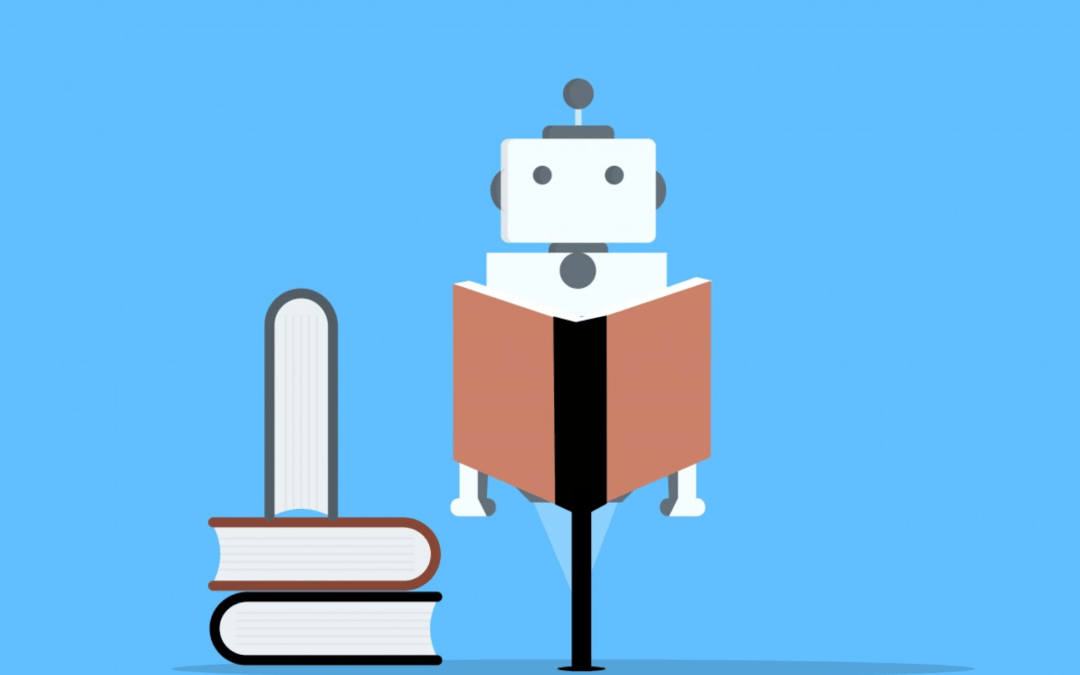Machine learning has been the talk of the town in the technology space for quite some time now. However, its potential has only come to light in recent years. Machine learning is essentially a subset of artificial intelligence (AI) that involves building algorithms that can learn from data and improve over time. With the ability to analyze large datasets, detect patterns, and make predictions, machine learning has the potential to revolutionize industries across the board.
In this article, we will delve into the secrets of machine learning, its benefits, and its impact on various industries.
What is machine learning?
Machine learning is a technique that involves building algorithms that can learn from data and improve over time. Unlike traditional rule-based algorithms, which require a human to explicitly define rules, machine learning algorithms can learn on their own, based on the data they are fed.
There are three main types of machine learning algorithms: supervised learning, unsupervised learning, and reinforcement learning. Let’s take a closer look at each of these.
Supervised learning: This involves training a machine learning model on labeled data, where the desired output is known. The algorithm learns to map inputs to outputs by minimizing the difference between the predicted outputs and the true outputs. Supervised learning is commonly used in applications such as image recognition, speech recognition, and natural language processing.
Unsupervised learning: This involves training a machine learning model on unlabeled data, where the desired output is not known. Instead, the algorithm attempts to find patterns and structure in the data on its own. Unsupervised learning is commonly used in applications such as clustering, anomaly detection, and dimensionality reduction.
Reinforcement learning: This involves training a machine learning model to make decisions and take actions based on feedback received from the environment. The algorithm learns to maximize a reward function by taking actions that lead to higher rewards. Reinforcement learning is commonly used in applications such as game playing, robotics, and autonomous vehicles.
What are the benefits of machine learning?
Machine learning has several benefits that make it a game-changer for industries across the board. Here are some of the key benefits:
- Improved accuracy: Machine learning algorithms can analyze large datasets and detect patterns that are not visible to humans. This leads to improved accuracy in tasks such as image recognition, speech recognition, and natural language processing.
- Faster decision-making: Machine learning algorithms can process large volumes of data much faster than humans. This enables faster decision-making in industries such as finance, healthcare, and logistics.
- Increased efficiency: Machine learning algorithms can automate repetitive tasks, freeing up time for humans to focus on more complex tasks. This leads to increased efficiency in industries such as manufacturing and logistics.
- Personalization: Machine learning algorithms can analyze customer data and provide personalized recommendations and services. This leads to improved customer satisfaction and loyalty in industries such as e-commerce and finance.
How is machine learning revolutionizing industries?
Machine learning has the potential to revolutionize industries across the board. Here are some of the key industries where machine learning is making a significant impact:
- Healthcare: Machine learning is being used to improve patient outcomes by analyzing medical data and predicting disease risk. For example, machine learning algorithms can analyze medical images to detect early signs of diseases such as cancer.
- Finance: Machine learning is being used to automate financial tasks such as fraud detection, credit scoring, and investment management. For example, machine learning algorithms can analyze transaction data to detect fraudulent activity in real-time.
- Retail: Machine learning is being used to improve the customer shopping experience by providing personalized recommendations and services. For example, machine learning algorithms can analyze customer data to recommend products and services that are most relevant to their needs.
- Manufacturing: Machine learning is being used to improve efficiency and reduce downtime by predicting equipment failure and optimizing production processes. For example, machine learning algorithms can analyze sensor data from manufacturing equipment to detect anomalies and predict maintenance needs.
- Transportation: Machine learning is being used to improve safety and efficiency in transportation by enabling autonomous vehicles and optimizing logistics. For example, machine learning algorithms can analyze traffic data to optimize routes and reduce congestion.
Conclusion:
Machine learning is a game-changer for industries across the board. With the ability to analyze large datasets, detect patterns, and make predictions, machine learning has the potential to improve accuracy, speed up decision-making, increase efficiency, and provide personalized services. As machine learning continues to evolve, we can expect to see even more innovative applications across industries. It’s an exciting time to be in the field of machine learning!
The article has been generated with the Blogger tool developed by InstaDataHelp Analytics Services.
Please generate more such articles using Blogger. It is easy to use Article/Blog generation tool based on Artificial Intelligence and can write 800 words plag-free high-quality optimized article.
Please see Advertisement about our other AI tool Research Writer promotional video.
Please visit InstaDataHelp’s new initiative InstaDataHelp AI News – A News Portal for New Fronteirs in Artifcial Intelligence.




Recent Comments